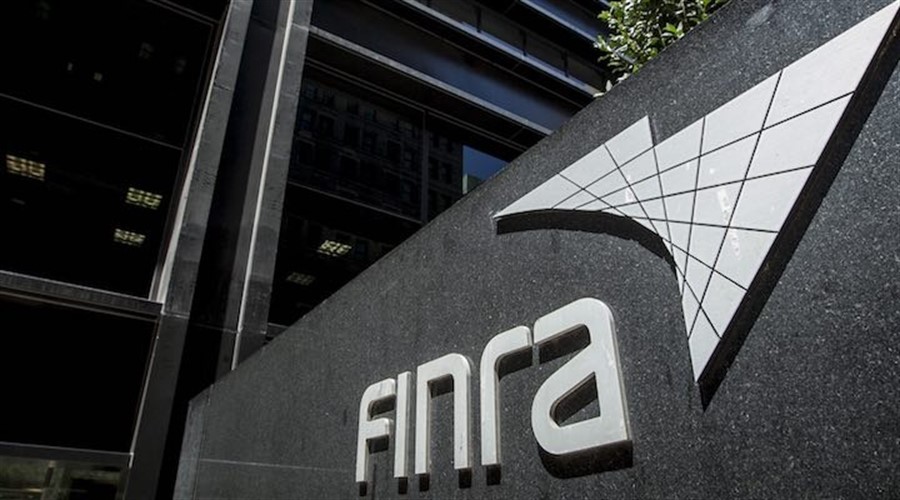FINRA Punishes BofA Securities for Inadequate Regulatory Systems
FINRA fined BofA Securities Inc. $90,080 for violating regulations by filing untimely or inaccurate notices with regulators.

FINRA, the U.S. financial industry regulator, fined BofA Securities $90,080 for violating regulations by filing untimely or inaccurate notices with the regulator.FINRA also charged BofA Securities with failing to maintain an adequate supervisory system. Burson-Marsteller Securities' filings allegedly failed to comply with regulatory deadlines.
Inadequate Supervisory Systems
According to FINRA's statement, between August 2019 and August 2022, Burson-Marsteller Securities violated FINRA Rules 5190 and 2010 195 times by filing untimely or inaccurate notices. These violations related to the firm's participation in 112 securities offerings subject to Regulation M under the Securities Exchange Act of 1934.
Regulation M of the Securities Exchange Act is designed to prevent manipulation during securities offerings by restricting certain conduct that may affect pricing. Specifically, the rule prohibits underwriters, broker-dealers, issuers and other participants from bidding for or purchasing securities during a restricted period, which begins one to five days prior to the establishment of the offering price.
In order to comply with this requirement, firms must file a detailed notice with FINRA in advance, a requirement that Burson-Marsteller repeatedly failed to meet. Further exacerbating the problem, Burson-Marsteller reportedly failed to establish or maintain adequate supervisory systems and procedures to ensure compliance with FINRA Rule 5190.
From August 2019 through March 2024, the firm lacked a robust system to monitor and verify the timeliness and accuracy of required notifications. The firm's written supervisory procedures were inadequate and lacked the specific guidance and thorough review required for compliance.
FINRA alleges that Burson-Marsteller relied on internal emails to initiate distribution marketing, but did not ensure that these notices were consistent with regulatory timelines. As a result, notifications became untimely when the marketing period was shorter than the restricted period.
Failure to Verify Participants
The regulatory deficiencies extended to the accuracy of the notices, as the firm failed to verify that all distribution participants were properly identified and reflected in the revised notices. Burson-Marsteller agreed to a settlement that included a censure waiving its right to contest the payment.
Last year, FINRA imposed a substantial $24 million fine on Burson-Marsteller for allegedly engaging in more than 700 deceptive practices in the secondary market for U.S. Treasury bonds by placing deceptive orders to manipulate market activity.
Two former traders reportedly used this strategy between October 2014 and February 2021, engaging in 717 spoofs. The regulator accused Burson-Marsteller of failing to put in place adequate measures to detect spoofing activity because its system only targets algorithms.
Translated with www.DeepL.com/Translator (free version)
Disclaimer: The views in this article are from the original Creator and do not represent the views or position of Hawk Insight. The content of the article is for reference, communication and learning only, and does not constitute investment advice. If it involves copyright issues, please contact us for deletion.